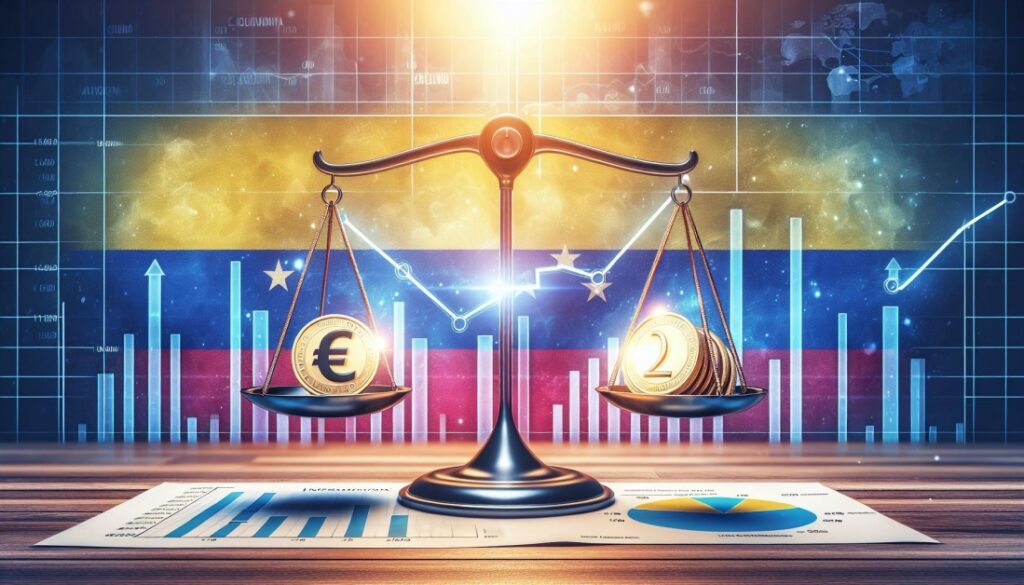Crypto For Advisors – Is Bitcoin Right For You?

Bitcoin and your portfolio
* Bitcoin is a high-risk, high-return asset with a low correlation to stocks. Grayscale Research believes that a portfolio with a moderate Bitcoin allocation should be considered optimal for most investors.
Bitcoin is a marvel of technology and a liquid, great asset. While public blockchain technology is difficult to understand due to its high-tech nature, Bitcoin and other crypto assets are easy to incorporate into a portfolio. Crypto markets offer high-risk, high-return assets that are not closely correlated with stocks over a five-year time horizon and can therefore be useful components for risk-tolerant investors in building an optimal portfolio.
It is becoming increasingly difficult to build a portfolio that offers convincing returns. The traditional 60/40 stock and bond portfolio will struggle to produce returns comparable to those of the last 40 years. We do not believe valuations can continue to rise: equity metrics have already reached high levels and the secular bond bull boom has ended (due to a bottoming out in consumer price inflation). The correlation between stocks and bonds is also higher, meaning investors get fewer diversification benefits from combining these stocks. Opportunities in the public markets have also shrunk: There are fewer IPOs than in the 1990s and the number of listed companies has fallen by about 30%.
Investors have a number of options to address these issues (Figure 1). You can reallocate assets into classes that offer better returns with lower correlations or a higher risk-adjusted return. In recent years, some investors have increased their allocations to alternative assets, such as illiquid private assets such as real estate and private equity. This has been a very successful strategy, but this type of asset is not accessible to most retail investors.
Crypto assets are really different. Bitcoin and other digital assets have a much higher risk-reward ratio from an asset allocation perspective than public market investments (Figure 2). Bitcoin and other crypto assets like Ethereum are volatile and risky. However, they have achieved returns commensurate with their risk profile over time. Although Bitcoin is a volatile asset, the returns it generates are similar to those of other asset classes. When you add crypto assets to your portfolio, you take on additional risk to take advantage of the potential for higher returns. Investors may consider replacing cryptocurrency assets with high-risk, high-return assets such as technology stocks, non-U.S. stocks, or certain illiquid investments to improve the performance of their portfolio.
While the crypto asset class has historically delivered high returns, it has been less correlated with other risky assets. Over the past five years, the correlation between Bitcoin and the S&P 500 has been just 40%. This is compared to the 90% correlation between the Nasdaq100 and the S&P 500. Crypto allocations should have lower correlation with stocks, resulting in greater diversification than other risky assets.
Crypto is an asset class that is relatively new and carries a high level of risk. Bitcoin and other cryptoassets may not be suitable for investors who have defined capital needs in the near future (e.g. within the next 3 to 5 years). Crypto assets should not be included in savings for future expenses such as college tuition and home purchases. Investors who prioritize investment returns may want to consider other options.
Crypto offers greater risk-reward potential to investors with a relatively high risk tolerance. Due to their high return potential and low correlation with other risky assets, a moderate proportion of cryptocurrencies should be included in an ideal portfolio.
- Zach PandlManaging Director of Research at Grayscale
Ask an Expert
Q: What impact will the Spot BTC Exchange Traded Fund have on the price of Bitcoin?
Bitcoin is one of the few assets that can directly influence the price of ETFs. We know that there are only a finite amount of Bitcoins – there are 21 million available and 19.5 million have been mined. The demand for an ETF spot will take advantage of some of this supply. It’s a question of supply and demand.
Q: If demand for ETFs falls, will the price of Bitcoin also fall?
A spot BTC ETF could have a domino effect as it could represent a melting of regulatory resistance to Bitcoin and potentially crypto in general. The SEC’s approval of the spot ETF could make Bitcoin investments more attractive for institutions. Bitcoin can be added as an option to 401k. Once approved, demand for Bitcoin could be significantly greater than that for spot ETFs.
Q: I am currently unable to deposit my customers in Bitcoin. How can I expose them to Bitcoin before the spot ETF approvals?
There are ways you can expose your clients to Bitcoin without permission and hold them in regulated investments at your custodian or AUM. We do not offer investment advice, so DYOR.
Some examples are:
GBTC – The Grayscale Bitcoin Trust is trading at a discount and will likely convert to an ETF once other ETFs approve. The discount will be claimed by customers who invest in this trust along with any Bitcoin price increases.
Bitcoin mining stocks like Riot Blockchain or Marathon Digital, which are listed on the stock exchange, do nothing other than mine Bitcoin. Logically, if the value of the product increases dramatically, the share price should also increase.
Coinbase COIN, the publicly traded company that is both an exchange and a custodian and will benefit from greater interest in cryptocurrencies. The company has a diversified business model and regulatory change that is highly beneficial for the company.
– Adam BlumbergInteraxis





